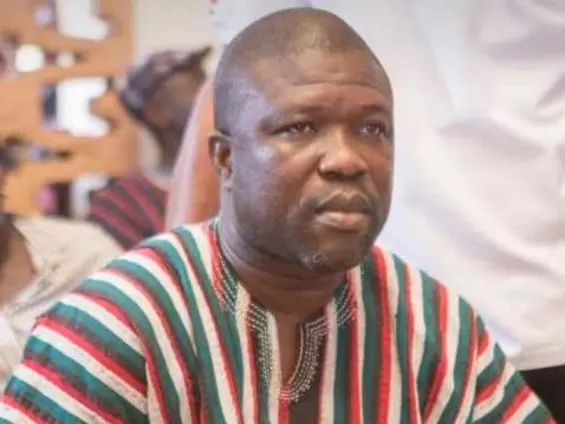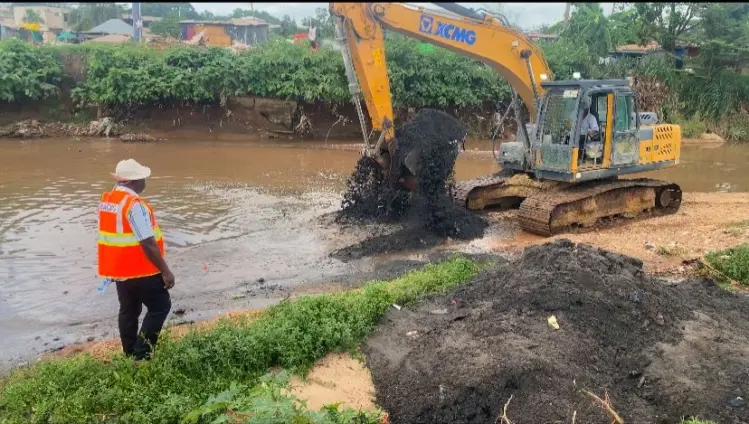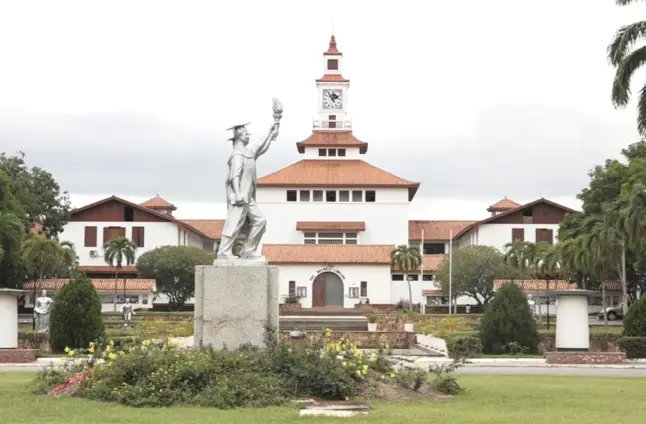In a significant victory for accountability, six individuals have been convicted by the High Court in Tamale, Ghana, for their involvement in a payroll corruption scandal within the Ghana Education Service (GES). The convictions, a result of a plea bargaining framework utilized by the Office of the Special Prosecutor (OSP), highlight the government’s ongoing commitment to rooting out financial malfeasance and ensuring the responsible management of public funds. This case underscores the critical need to combat payroll corruption and prevent the misuse of resources allocated to vital sectors like education.
The OSP report, released on May 15th, details the intricate scheme in which school administrators, payroll officers, and accountants colluded to illegally reactivate salaries for a teacher who had already left their post. This fraudulent activity resulted in significant financial losses to the state, prompting a swift and decisive response from the OSP. The successful prosecution of these individuals sends a clear message: such actions will not be tolerated, and those responsible will be held accountable.
The intricacies of the payroll corruption scheme reveal a disturbing level of manipulation within the GES. The fraudulent activity centered on the illegal validation and reactivation of salaries for a teacher who had vacated their position. School administrators, payroll officers, and accountants worked in concert to manipulate the system, effectively creating “ghost names” to siphon funds. This elaborate scheme led to the wrongful payment of over GH¢86,000. Thanks to the OSP’s intervention and the plea bargaining framework, a total of GH¢106,319.64 has been recovered to date.
The OSP’s strategic use of plea bargaining was instrumental in securing convictions and facilitating the restitution of misappropriated funds.
The individuals convicted played distinct roles in the payroll corruption scheme. School administrators were responsible for validating fraudulent payroll entries, effectively rubber-stamping the illegal payments. Payroll officers manipulated the payroll system to reactivate salaries, while accountants processed and disbursed the illegal payments, ensuring the funds reached the intended fraudulent recipients. Their coordinated efforts allowed the scheme to persist, diverting critical resources from the education sector.
Under the OSP’s plea bargaining framework, all six individuals pleaded guilty, acknowledging their involvement in the fraudulent scheme. As part of the agreement, they made full restitution and reparation to the State, demonstrating a commitment to righting their wrongs. While these convictions represent a significant step forward, the OSP’s work is far from over. Ongoing investigations are underway, targeting other suspects in a broader effort to dismantle corruption networks within the GES and other public institutions.
“Safeguarding public funds is a paramount duty, and we will pursue all avenues to ensure those who violate this trust are brought to justice,” stated Kissi Agyebeng, Special Prosecutor, emphasizing the importance of the OSP’s mission.
The successful prosecution of these individuals is just one facet of a broader effort to combat corruption in Ghana. There are currently six ongoing criminal trials in Accra, Tamale, and Kumasi, targeting individuals involved in various forms of financial malfeasance. The OSP is intensifying its efforts to investigate and prosecute those involved in financial wrongdoing, sending a clear message that corruption will not be tolerated.
The OSP’s unwavering commitment to protecting public resources is evident in its proactive approach to investigating and prosecuting corruption cases. These efforts are essential to fostering a culture of transparency and accountability within public institutions, ensuring that resources are used effectively and for the benefit of all citizens.
The successful prosecution of these six individuals in the payroll corruption scandal serves as a powerful deterrent to others contemplating similar crimes within the Ghana Education Service and other public institutions. The OSP’s effective use of plea bargaining, combined with its commitment to pursuing further investigations, demonstrates a robust and multifaceted approach to combating corruption and safeguarding public funds. As the OSP continues its vital work, it is crucial for all stakeholders to support and promote transparency and accountability, creating an environment where corruption cannot thrive. The recovered funds, once reinvested into the education system, will not only benefit students and educators but also serve as a lasting reminder of the consequences of engaging in corrupt practices. The fight against payroll corruption is an ongoing battle, but with continued vigilance and a strong commitment to justice, Ghana can build a more transparent and accountable public sector.
Image Source: MYJOYONLINE





















